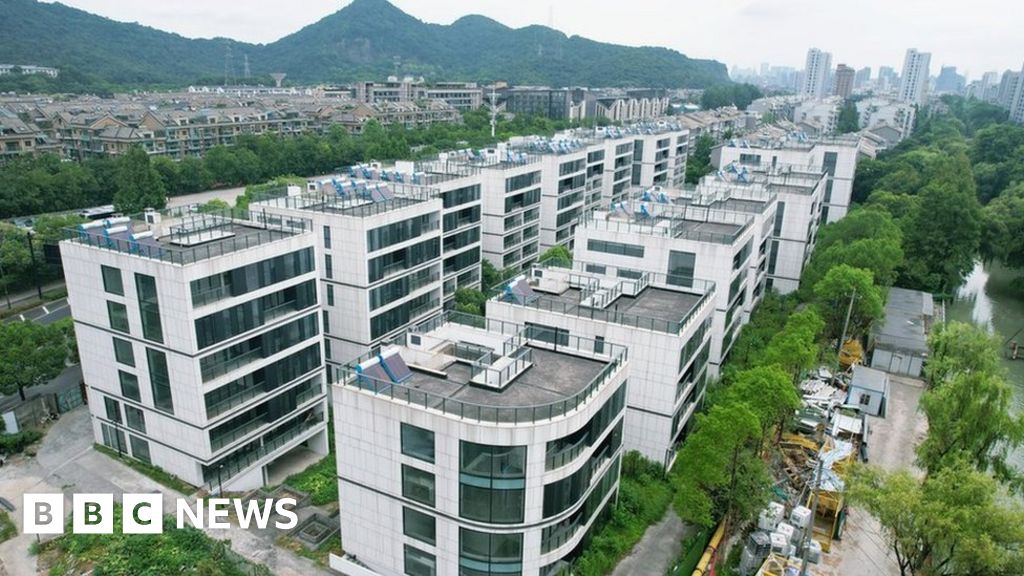Zhongzhi Enterprise Group (ZEG) has an asset management arm that at its peak reportedly handled more than a trillion yuan ($139bn; £110bn).
Authorities said they are investigating “suspected illegal crimes” against the firm, in a statement on the weekend.
This comes days after reports that ZEG had declared it was insolvent.
The struggling firm reportedly told investors in a letter last week that its liabilities - up to $64bn - had outstripped its assets, now estimated at about $38bn.
A giant, unregulated part of a financial system? What could go wrong?
This is the best summary I could come up with:
Chinese officials have launched an investigation into one of the country’s biggest shadow banks, which has lent billions to real estate firms.
Zhongzhi Enterprise Group (ZEG) has an asset management arm that at its peak reportedly handled more than a trillion yuan ($139bn; £110bn).
The once-booming industry has been hit by a severe credit crunch, with some of the biggest firms now on the brink of financial collapse.
And it worked for quite a while because the property prices were going up and it’s a win-win for everybody," says Andrew Collier, a shadow banking expert at Orient Capital Research.
Informal lending has always existed in China’s economy, but shadow banking really took off in the aftermath of the global financial crisis in 2008, when credit was scarce.
That includes houses, rental and brokering services, as well as construction materials and industries producing goods that go into apartments.
The original article contains 508 words, the summary contains 147 words. Saved 71%. I’m a bot and I’m open source!



